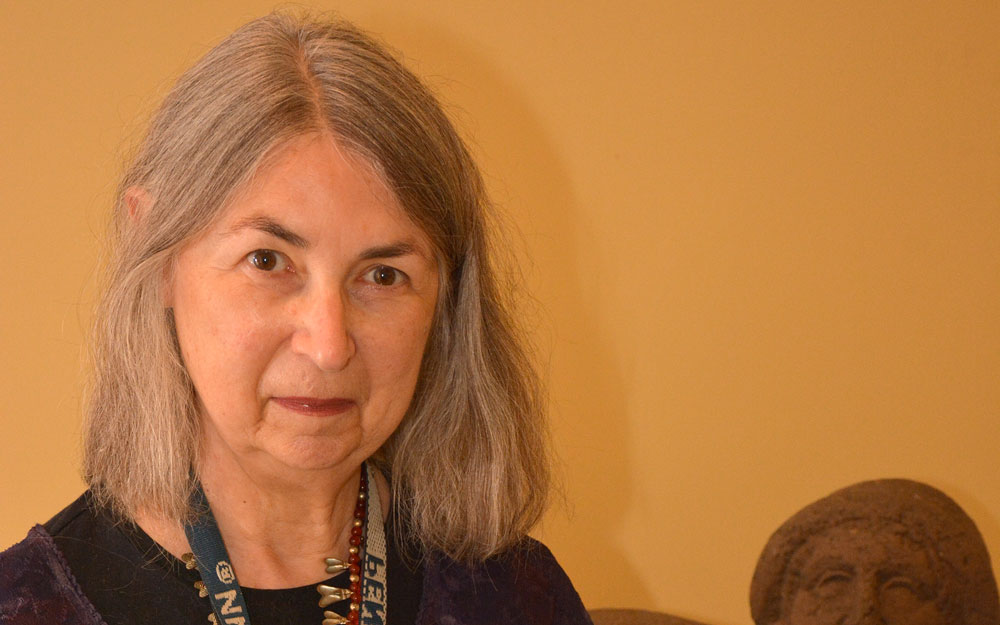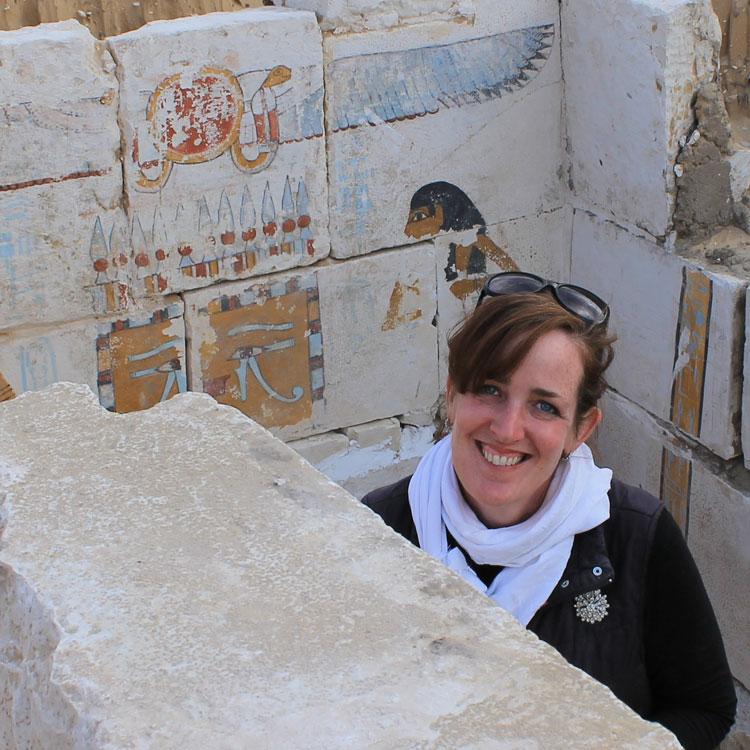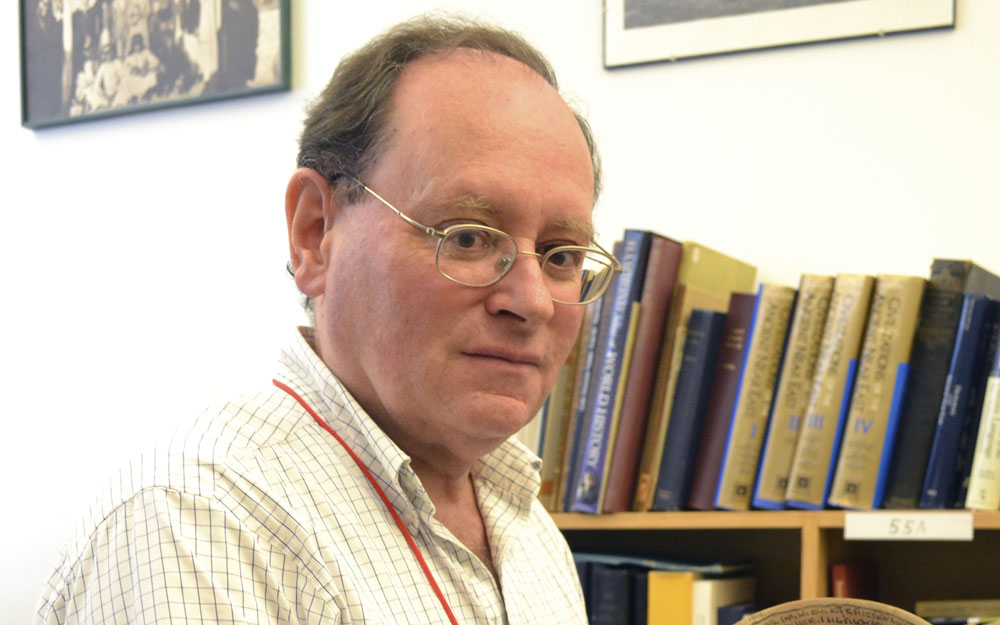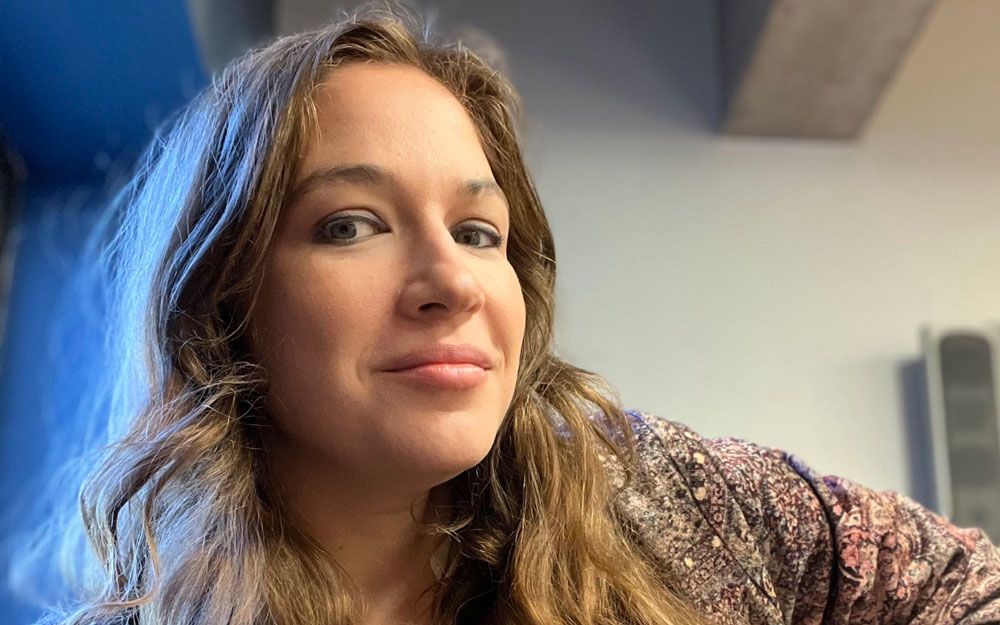The Deep Dig
Spells, Spirits, and Sacred Magic
Live Online
Thursdays, May. 1 - 22 2025, 6:30 pm - 8:00 pm ET
$175 General| $125 Member
Register
Cultivate your curiosity about ancient history, exciting excavations, and cultural heritage connected to the Penn Museum's unparalleled collection and research. You’ll have access to digital readings, videos, and online archival research. Recordings of the live class will be available if you miss a session. No archaeology or anthropology background required; just bring your love for lifelong learning!
Humans have long turned to magic to make sense of the unknown, seek protection, and influence the world around them. Gain a deeper understanding of magical practices and spiritual traditions from the ancient Near East to modern Vodou through a blend of historical analysis, artifact examination, and cultural storytelling. Each week will be an in-depth exploration of how different cultures used magic and divination to heal, protect, and connect with the divine. Whether you’re passionate about history, fascinated by myths and spirituality, or simply drawn to the mysteries of the unknown, this series offers deep insights and thought-provoking discussions with leading experts in the field.
Week 1: Etruscan Divination
May 1
Dr. Jean Turfa leads an exploration of the fascinating beliefs and enduring influence of the Etruscans. For much of the first millennium BCE, the Etruscans dominated Italy, shaping a rich and distinctive culture. However, as Rome gradually asserted control, much of their heritage faded—except for one aspect that commanded deep respect from both allies and enemies: their religion and divination practices. The Etruscans developed their own sacred texts on divination, fragments of which still survive today. The Etruscan gods spoke through natural signs—thunder, lightning, celestial events, and the flight of birds—interpreted by scholars and priests.
Week 2: Egyptian Rituals
May 8
Dr. Jennifer Houser Wegner uncovers the tools and beliefs that shaped the worldview of the ancient Egyptians. Explore how they used magical practices to seek divine protection, heal illnesses, and ensure a prosperous afterlife. From powerful spells and sacred texts to rituals and talismans, learn about the roles of gods, spirits, and the powerful forces Egyptians believed influenced their lives. By studying ancient papyri, inscriptions, and artifacts, understand how magic was intertwined with religion, daily life, and the pursuit of life after death.
Week 3: Mesopotamian Magic
May 15
Dr. Grant Frame shares how the people of Sumer, Akkad, Babylonia, and Assyria used magical practices to connect with divine forces, protect their communities, and heal the sick. Learn about the rituals, incantations, and amulets that were essential to their spiritual and daily lives. By examining ancient texts and artifacts, gain insight into the role of magic in Mesopotamian religion and society and its influence on later mystical traditions.
Week 4: Vodou Traditions
May 22
Dr. Alissa Jordan explores the rich and complex tradition of Vodou, a spiritual practice rooted in the syncretism of West African religious systems, Catholicism, and Indigenous beliefs. Examine the foundational principles of Vodou, including the veneration of spirits (lwa), the use of sacred symbols (veves), and the role of rituals in healing, protection, and communication with the divine. Through the analysis of artifacts, rituals, and oral traditions, we will dispel common misconceptions about Vodou, uncover its profound cultural and spiritual significance, and understand its resilience and adaptability in Haitian society and the diaspora.
Speakers




Jean MacIntosh Turfa, Ph.D., is a consulting scholar. She edited The Etruscan World (2013) and co-authored The Etruscans and the History of Dentistry (2017). Her book Divining the Etruscan World (2012) includes the first English translation of The Etruscan Brontoscopic Calendar, used by Romans in the time of Cicero and Caesar for divination by thunder.
Jennifer Houser Wegner, Ph.D., is a curator in the Egyptian Section. She has worked in Egypt since 1990 and has participated in numerous fieldwork seasons at the sites of Giza, Bersheh, Saqqara, and Abydos.
Grant Frame, Ph.D., is a Professor Emeritus of Assyriology and former Director of the Center for Ancient Studies at the University of Pennsylvania. He has an extensive background in Akkadian language and literature, and the history and culture of ancient Mesopotamia during the Neo-Assyrian and Neo-Babylonian periods.
Alissa Jordan, Ph.D., is the Associate Director of the Center for Experimental Ethnography and an Adjunct Assistant Professor in the Department of Anthropology at the University of Pennsylvania. She is a multimodal cultural and medical anthropologist whose research focuses on healing, embodiment, and reproductive justice.
Frequently Asked Questions



